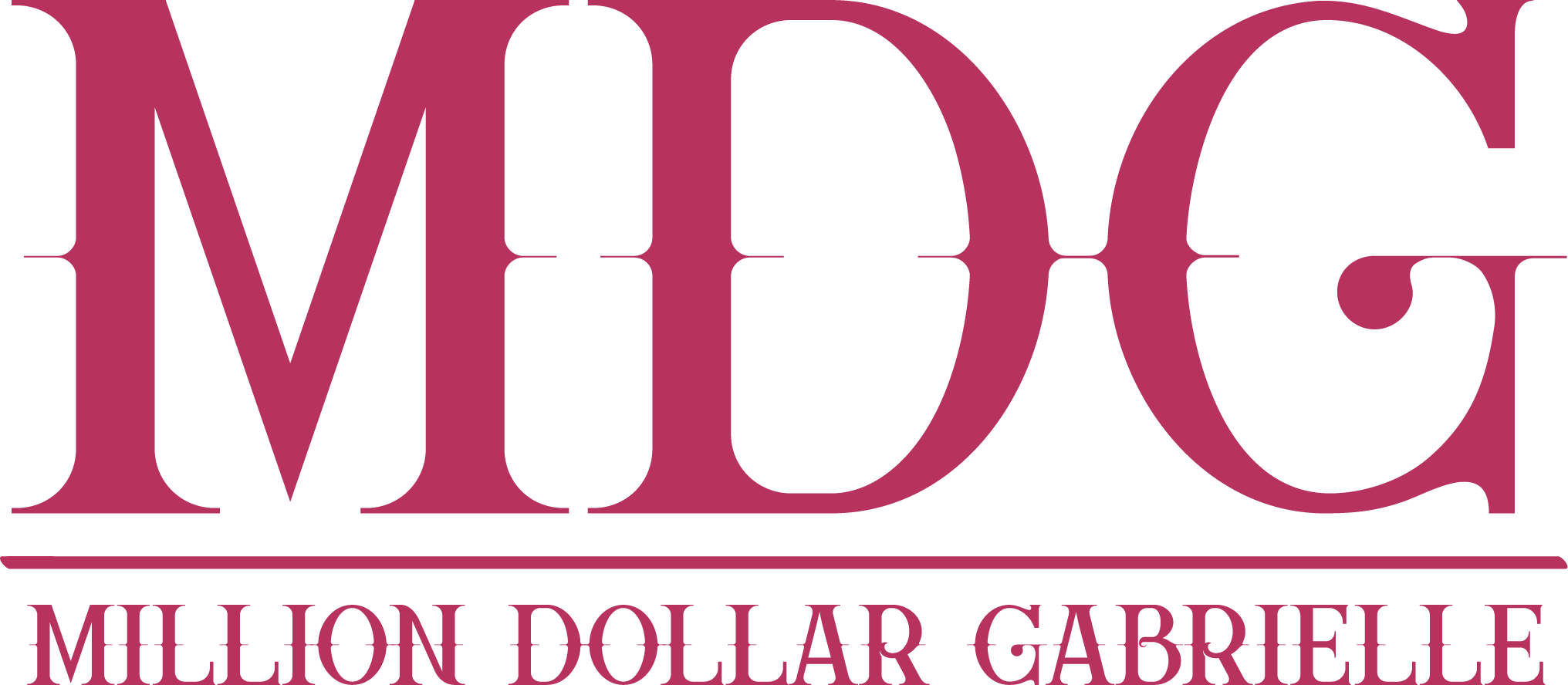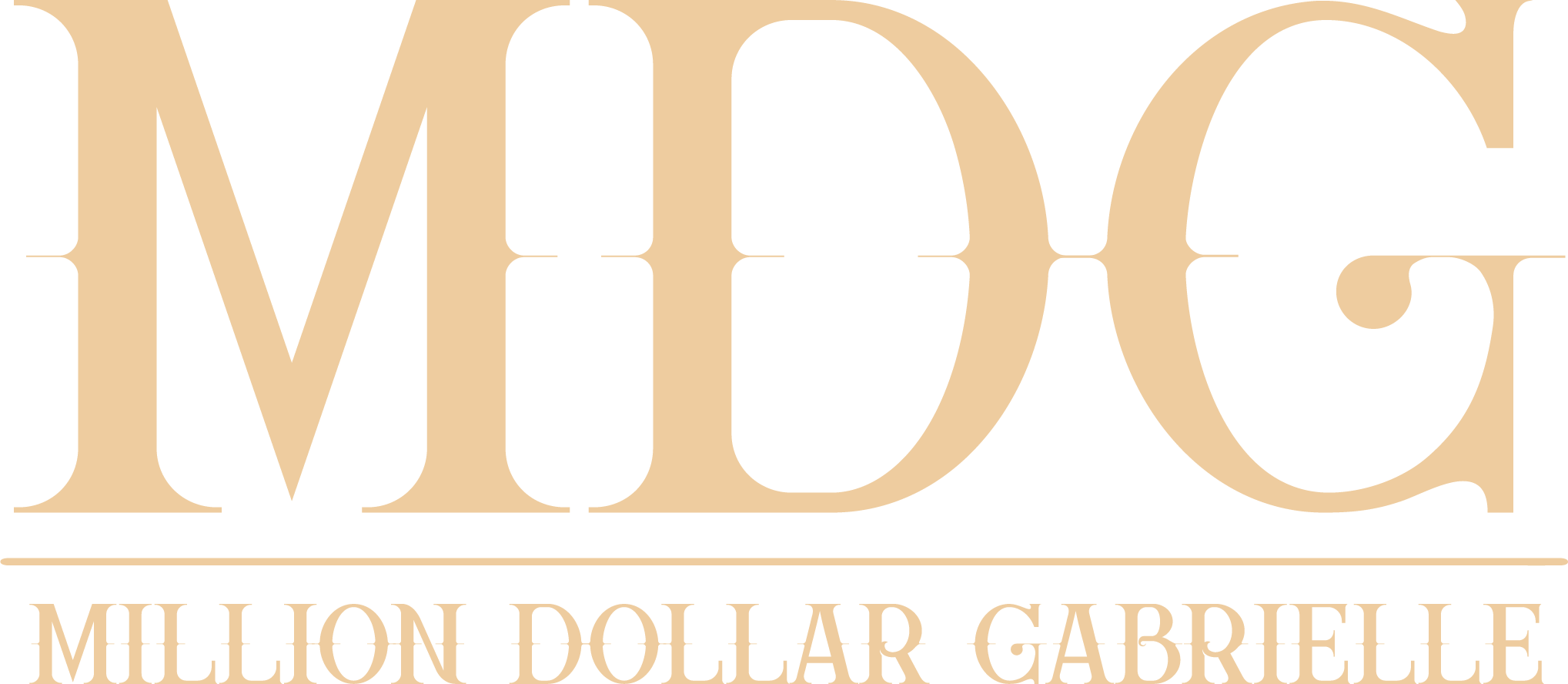In a world that has long equated power with traditionally masculine traits—aggression, dominance, emotional detachment—there’s a quiet revolution happening. Women and feminine-identifying individuals are discovering that true power doesn’t require abandoning femininity, but rather embracing it as a source of unprecedented strength.
The False Choice
For decades, the path to power seemed to require choosing between being respected and being feminine. The message was clear: soften your voice but not too much, show emotion but not too much, be nurturing but not at the expense of being taken seriously. This created an exhausting performance where authentic feminine expression was seen as weakness.
But what if this entire paradigm was built on a fundamental misunderstanding of what power actually looks like?
The Strength in Intuition
Feminine intuition isn’t mystical nonsense—it’s highly developed emotional intelligence combined with pattern recognition that can outperform pure logic in complex situations. The ability to read a room, sense underlying tensions, and understand unspoken dynamics gives those who embrace this skill a significant advantage in leadership, negotiation, and relationship building.
While others are analyzing spreadsheets, intuitive leaders are reading people. While others are following protocols, they’re adapting to the human elements that no manual can capture. This isn’t about replacing analytical thinking—it’s about integrating it with a deeper understanding of human nature.
Collaboration Over Competition
The feminine approach to power often emphasizes collaboration over domination, building up rather than tearing down. This isn’t weakness—it’s strategic brilliance. In an interconnected world, the ability to create alliances, foster loyalty, and build sustainable relationships often produces longer-lasting results than temporary victories through force.
When you help others succeed, you create a network of people invested in your continued success. When you lead through empowerment rather than intimidation, you build teams that innovate rather than merely comply.
Emotional Intelligence as Leadership
The ability to acknowledge, process, and appropriately express emotions isn’t a liability—it’s a superpower. Leaders who can navigate their own emotional landscape and help others do the same create environments where creativity flourishes and authentic communication becomes possible.
This emotional fluency allows for deeper problem-solving, more effective conflict resolution, and the kind of authentic connections that inspire loyalty and dedication. While others are struggling to understand why their technically sound plans aren’t working, emotionally intelligent leaders understand the human factors that make or break initiatives.
The Power of Vulnerability
Brené Brown’s research has shown us what many feminine leaders have always known: vulnerability is not weakness—it’s the birthplace of courage, creativity, and change. The willingness to admit uncertainty, ask for help, and acknowledge mistakes creates psychological safety that enables teams to take risks and innovate.
This doesn’t mean oversharing or emotional dumping in professional settings. It means having the courage to be authentic, to show up as a whole person rather than a carefully constructed professional persona.
Nurturing as Strategic Advantage
The capacity to nurture—to see potential in others and help them develop it—creates exponential returns on investment. When you develop others, you multiply your own impact. When you create environments where people feel valued and supported, they bring their best selves to the work.
This nurturing approach extends beyond people to ideas, projects, and possibilities. The feminine ability to tend and cultivate often leads to more sustainable and innovative solutions than approaches focused solely on immediate results.
Redefining Strength
Physical strength has its place, but in most modern contexts, emotional resilience, adaptability, and the ability to maintain relationships under pressure are far more valuable. The capacity to bend without breaking, to find creative solutions under stress, and to maintain grace under fire represents a different kind of strength—one that’s often more sustainable and effective.
The Integration Imperative
This isn’t about claiming that feminine traits are superior to masculine ones, or that only women possess these qualities. It’s about recognizing that the most powerful leaders integrate both masculine and feminine approaches, drawing from the full spectrum of human capabilities rather than limiting themselves to traditionally accepted expressions of power.
The future belongs to those who can be both strong and gentle, decisive and collaborative, confident and humble. These aren’t contradictions—they’re the mark of sophisticated leadership that can adapt to complex, nuanced situations.
Practical Applications
Finding power in femininity means trusting your instincts when they conflict with conventional wisdom. It means speaking up with grace but firmness when something doesn’t feel right. It means building others up as a strategy for collective success rather than viewing every interaction as a zero-sum game.
It means bringing your whole self to leadership roles—your creativity, your empathy, your ability to see connections others miss. It means refusing to apologize for caring deeply about outcomes and people.
The Ripple Effect
When women and feminine-identifying individuals embrace their authentic power, it creates permission for others to do the same. It challenges organizations to expand their definitions of effective leadership and creates space for more diverse approaches to problem-solving.
This ripple effect benefits everyone, creating environments where different strengths are valued and where the full range of human capabilities can be leveraged for better outcomes.
Moving Forward
Finding power in femininity isn’t about excluding masculine approaches—it’s about refusing to exclude feminine ones. It’s about recognizing that the qualities traditionally dismissed as “soft skills” are often the hardest to develop and the most valuable to possess.
The path forward involves celebrating rather than hiding feminine strengths, integrating rather than choosing between different approaches to power, and creating space for authentic expression in all its forms.
Your femininity isn’t something to overcome on your path to power—it’s one of your greatest sources of strength. The question isn’t whether you can be both feminine and powerful; it’s whether the world is ready for the full expression of your integrated strength.
The answer is yes—and the world needs what you have to offer.


